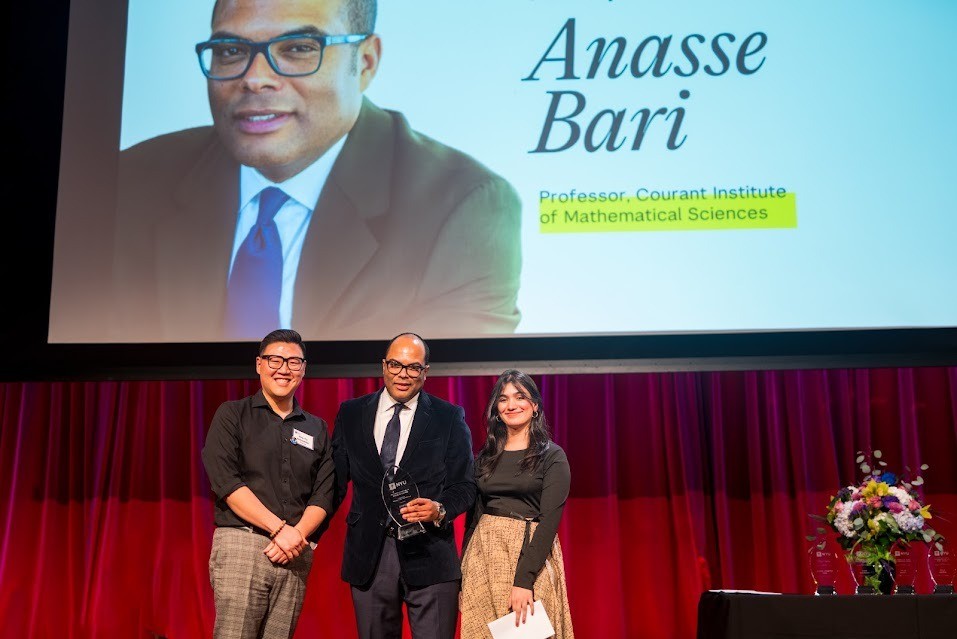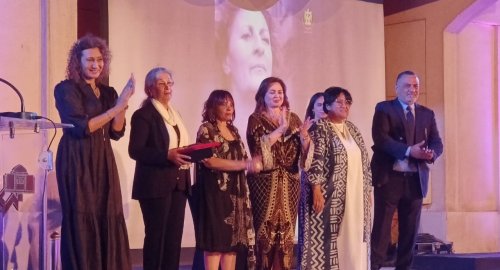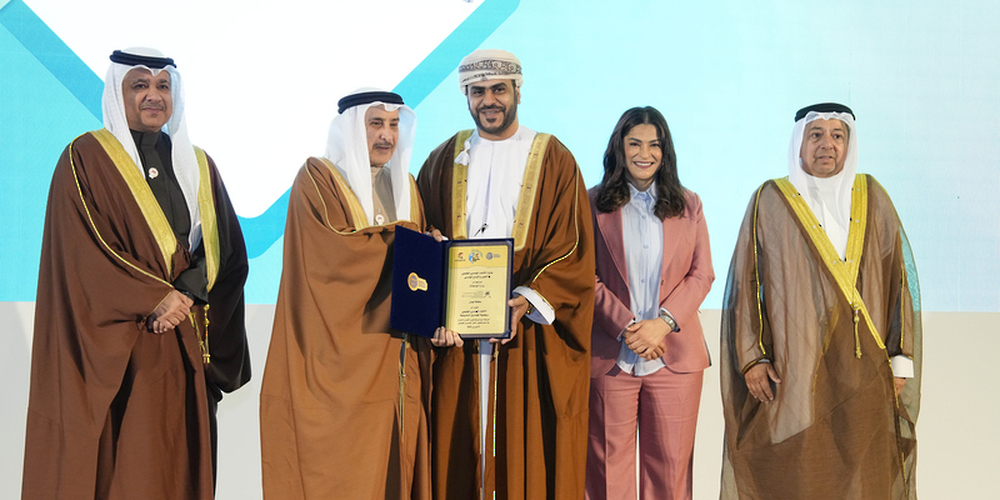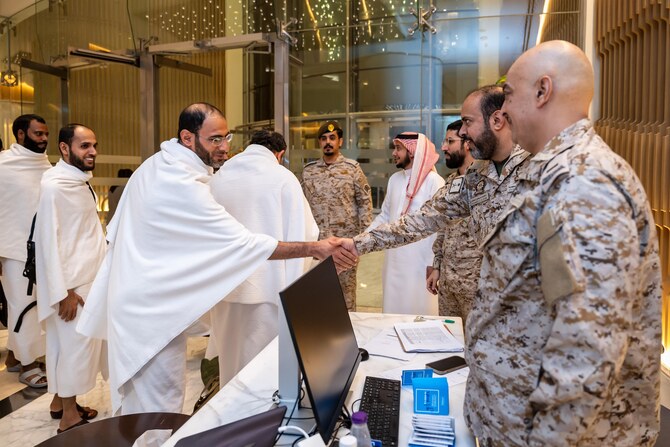Celebrating 50 years of growth and success.
In the world of fragrances, few names evoke as much resonance and admiration as Swiss Arabian Perfumes Group. Established as the first perfume manufacturer in the UAE, this year marks a significant milestone for the renowned UAE-born perfume house as it celebrates its golden jubilee – 50 years of crafting perfumes with luxury and elegance.
The beginning was in 1974 when Swiss Arabian seamlessly blended Arabian perfumery techniques with modern innovation. Hussein Adam Ali, Founder and Chairman of SAPG, came from Yemen to the UAE in 1974 with a dream. A man driven by an insatiable passion for perfumery and a deep appreciation for the art of scent, he laid the foundation for what would become a global fragrance empire.
Over the past five decades, Swiss Arabian has gained global recognition and taken pride in representing the art of perfumery to the rest of the world. As we reflect on five decades of fragrance mastery, it’s a story worth exploring about how this fragrance empire was built. Hussein Adam Ali’s keen understanding of the nuances of fragrance, coupled with an unwavering commitment to excellence, drove the brand to new heights.
“When I first moved to the UAE, I walked in the sun to save on taxis. This country became my home and turned my dreams into reality.”
“I was 30 years old when I came to UAE to set up my business here. This country became my home and turned my dreams into reality. With an investment of half a million dirhams, 5,000 square feet perfume factory had been set up in Sharjah and became fully operational in six months. I was my own boss and drew a minimum stipend to cover my expenses. Today, SAPG has over 1000 employees and global business operations,” says Hussein Adam Ali, Founder and Chairman, SAPG.
His sons, Nabeel Adam Ali and Nader Adam Ali joined the company at a young age as well, and through their leadership, shaped Swiss Arabian Perfumes Group into a multinational award winning perfume house.
Swiss Arabian’s growth strategy is their product. Constantly innovating, creating and ensuring customer satisfaction is the core of their business. The brand’s continuous efforts at striving for perfection is evident in every aspect of its operations, from sourcing the finest raw materials to the meticulous craftsmanship that goes into creating each bottle of perfume.
Despite the evolving trends and preferences in the perfume market, the brand has stayed true to its roots while embracing modern techniques and ingredients. This dedication to both tradition and innovation has earned Swiss Arabian a loyal following and global expansion. The Group also expanded to more brands such as Sapil Perfumes, Shirley May, Shirley May Deluxe and Alta Moda.
As Swiss Arabian Perfumes Group commemorates its 50th year, it is a celebration of longevity and a testament to hard work. Looking ahead, the company remains committed to pushing boundaries and creating fragrances that resonate with the diverse tastes and preferences of its clientele.
source/content: gulfnews.com (headline edited)
___________

____________________________
YEMEN / SHARJAH, U.A.E















